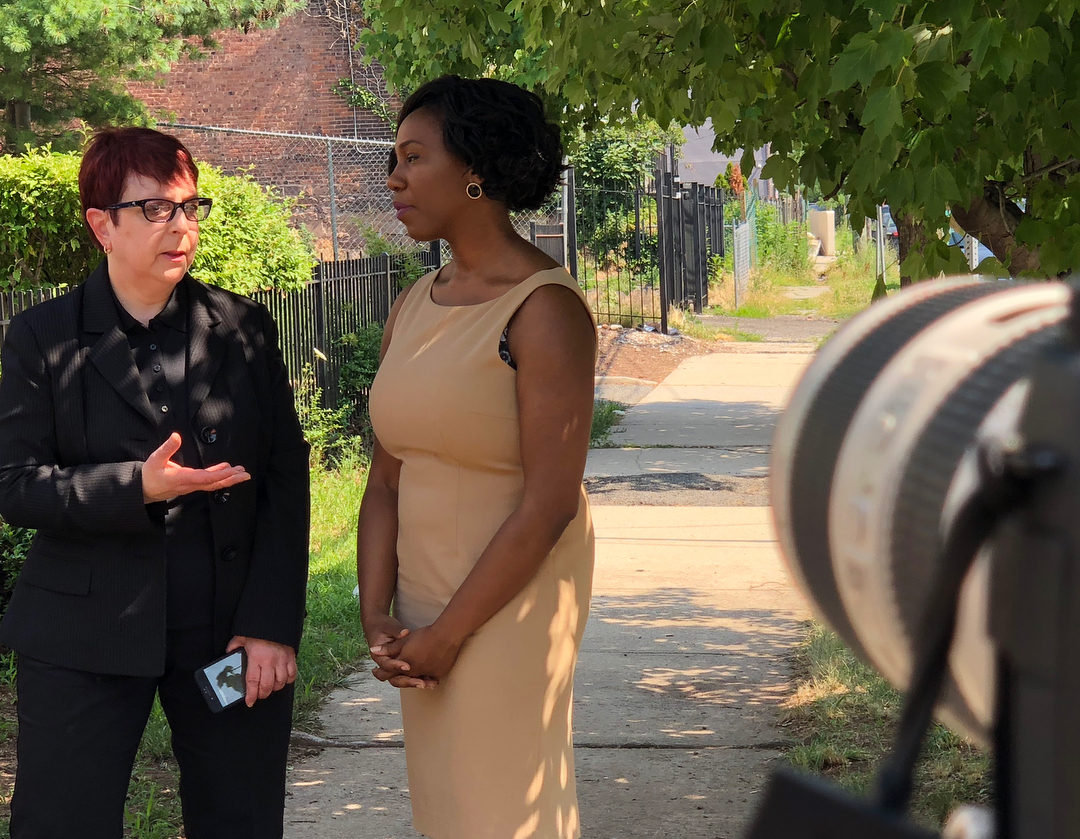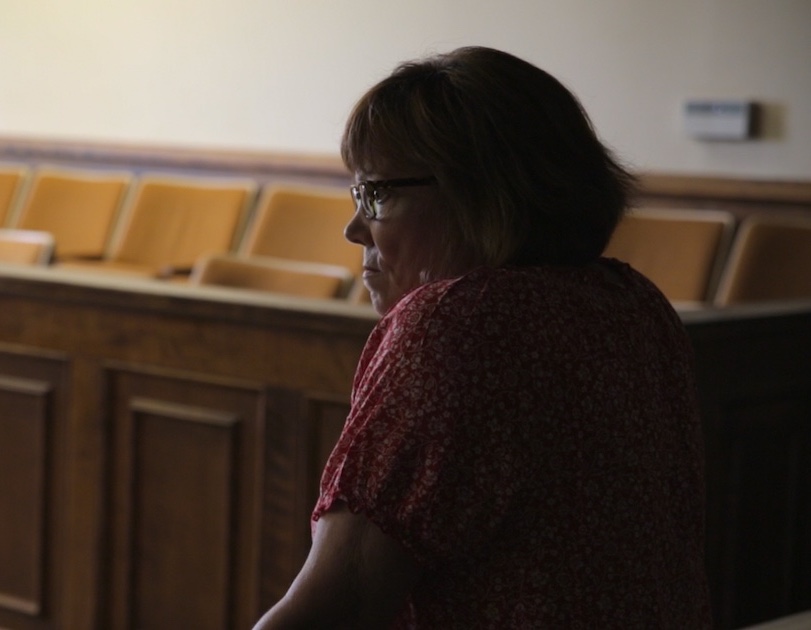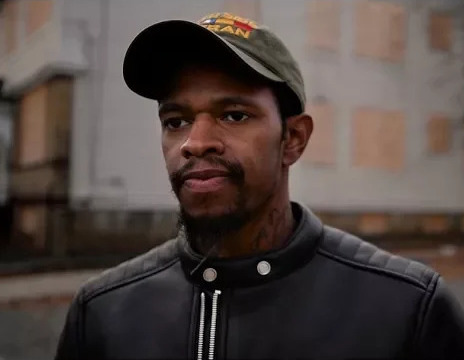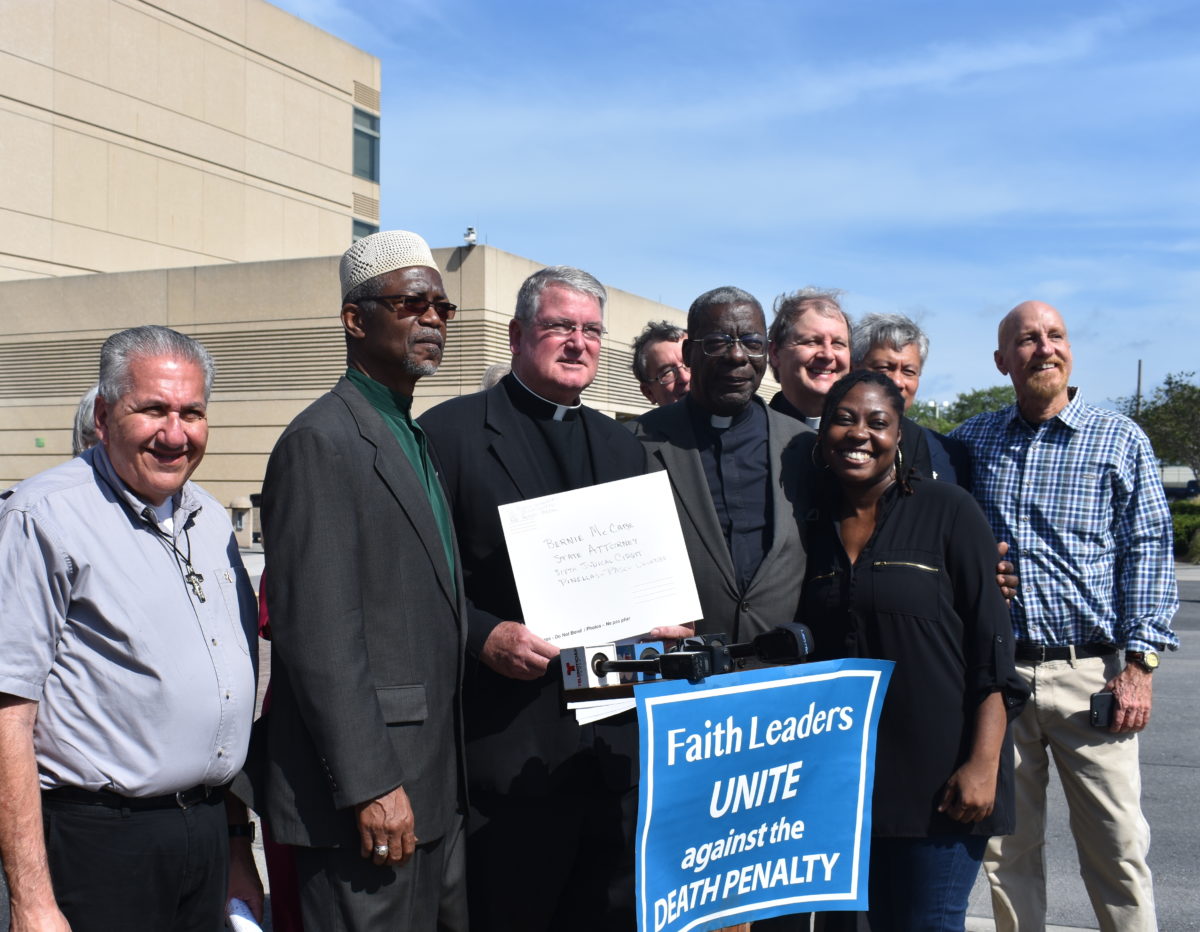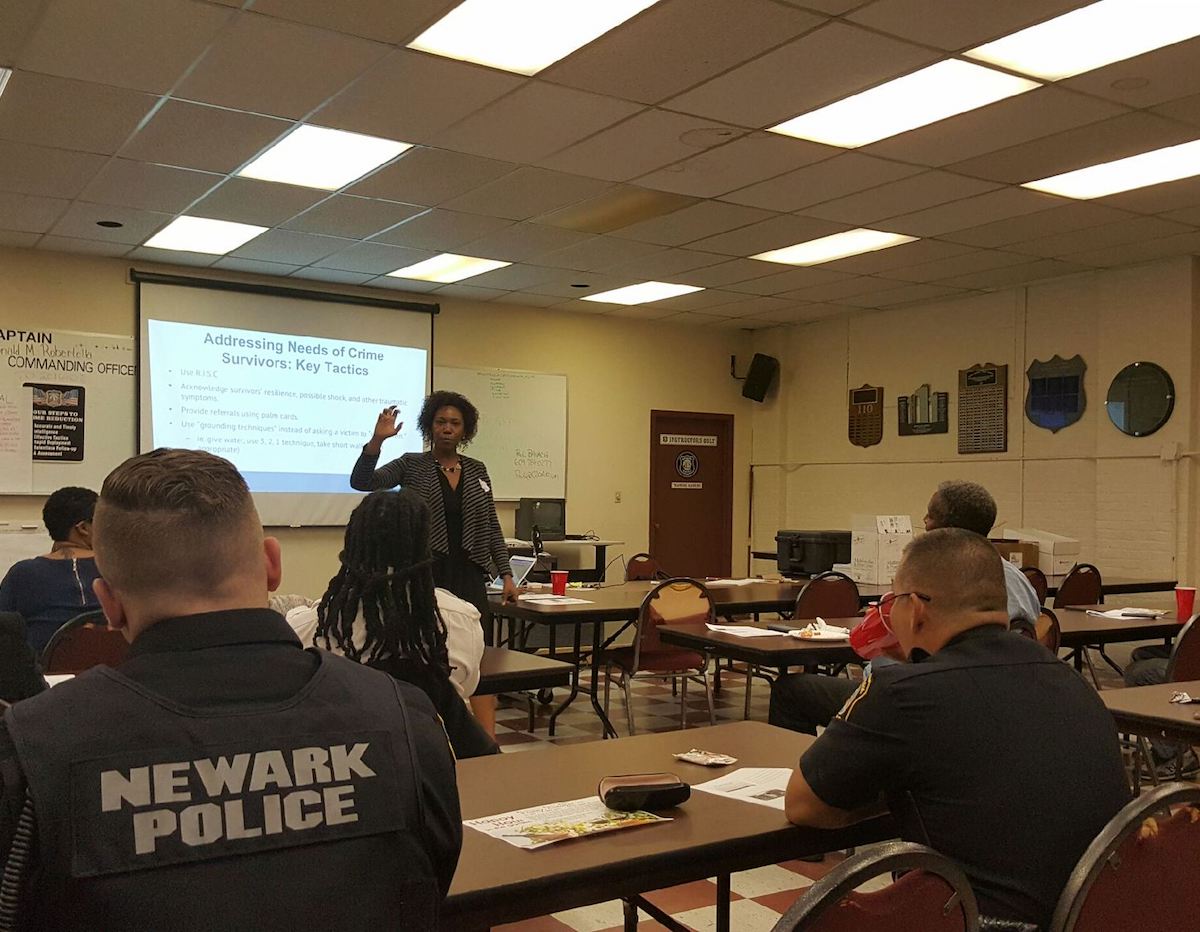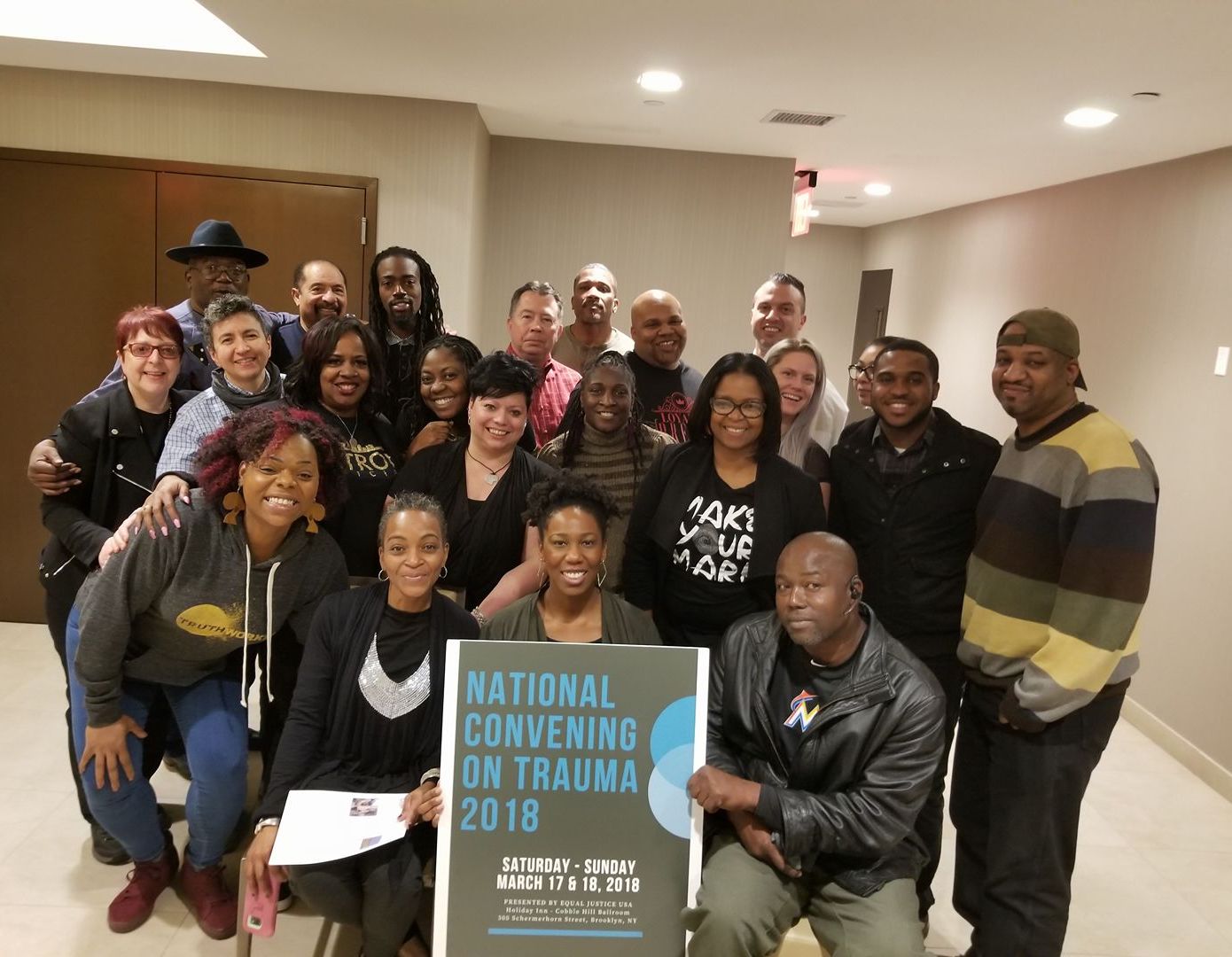Late last week, Ohio Governor John Kasich granted clemency to Raymond Tibbetts and commuted his death sentence. Thousands of you sent emails, signed petitions, made phone calls, and mobilized friends and neighbors to make sure that Governor Kasich knew that the trauma Tibbetts experienced as a child had been withheld from the jury during his trial.
Thank you. It is because of this grassroots movement that a man will not be executed.
Trauma has devastating effects on individual lives and whole communities. Tibbetts was first abandoned by his parents at the age of two, and throughout his childhood in foster care he was tied to a bed at night, regularly beaten, thrown down the stairs, burned, starved, and more. The horrific abuse that he and his brothers experienced was never addressed. We could have interrupted the cycle of harm, but instead the system failed him.
None of this was brought to light as jurors were deciding whether Tibbets should die.
When a former juror read a public clemency report in 2017, he learned of Tibbetts’ traumatic childhood. He also learned that of his four brothers, one had committed suicide, another was incarcerated, and another had experienced homelessness. That juror spoke up to say that if he’d known all of this, he never would have voted for the death penalty.
There is no less trauma-informed response to violence than the death penalty. We must reimagine our nation’s responses to violence. We need interventions that focus on healing and well-being, that work to repair harm and stop future violence. Raymond Tibbetts never had that when he was victimized. What if he had?
Thank you for lifting your voice and being our partner in transforming the justice system.
